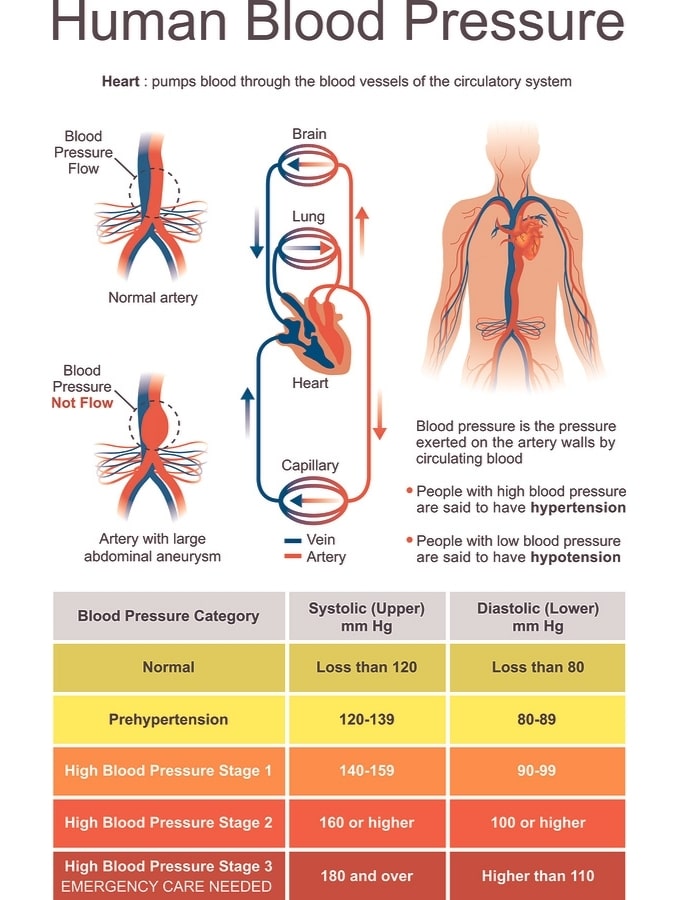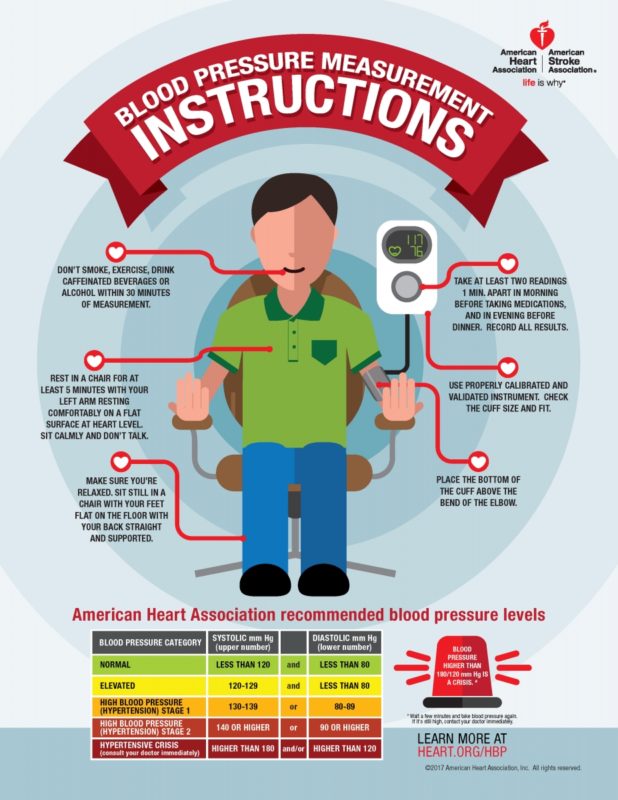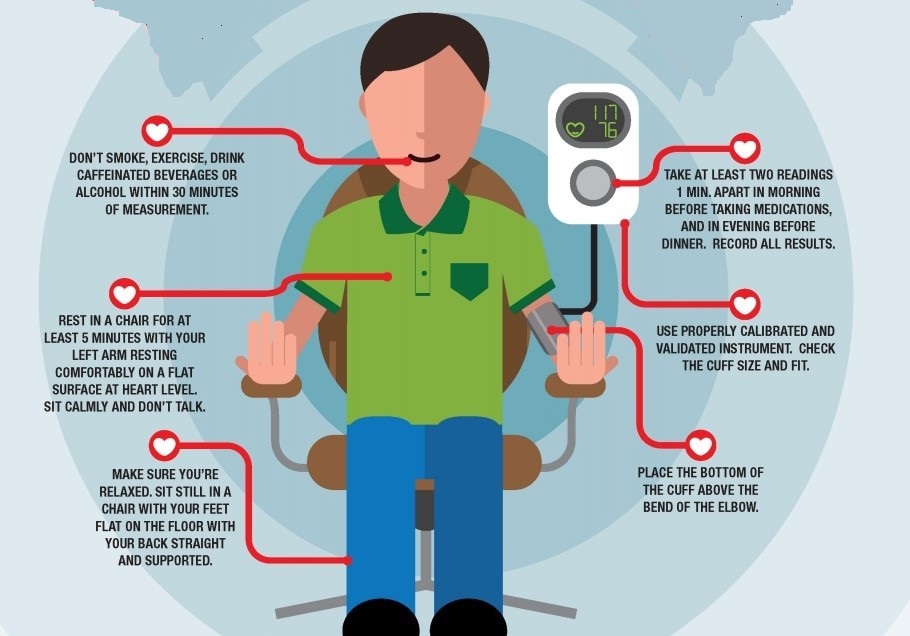Discover the powerful yet simple ways to naturally lower your blood pressure and take control of your health today!
Table of Contents
- Introduction to Beating High Blood Pressure
- Understanding Blood Pressure
- Eating for a Healthy Heart
- The Power of Exercise
- Chilling Out: Stress Management
- The Sleep Connection
- The Downside of Too Much Screen Time
- Cool Hobbies That Lower Pressure
- Checking In With Your Doctor
- Conclusion: Putting It All Together
- FAQs
Introduction to Beating High Blood Pressure
Welcome to the world of understanding high blood pressure! Have you ever heard about high blood pressure and wondered what it actually means? Well, in this section, we’re going to explore what high blood pressure is, why it’s important, and how it affects our heart health.
High blood pressure, also known as hypertension, is when the force of your blood against the walls of your arteries is too high. This condition can put a lot of strain on your heart and blood vessels, which isn’t good for your overall health.
Having high blood pressure can be a serious problem, as it can lead to heart disease and other health issues if not properly managed. That’s why it’s essential to understand how to keep our blood pressure at a healthy level to protect our hearts and bodies.
Understanding Blood Pressure
Blood pressure is the force of your blood pushing against the walls of your arteries. Think of it as how hard your heart has to work to pump blood around your body.
The Numbers Explained
When you get your blood pressure checked, you’ll hear two numbers like 120/80. The top number is called systolic pressure, showing the pressure when your heart beats. The bottom number, diastolic pressure, measures the pressure between heartbeats.
High vs. Low Blood Pressure
High blood pressure, or hypertension, is when your blood pressure is consistently too high. It can strain your heart and cause health issues. Low blood pressure, on the other hand, may make you dizzy or weak since your blood isn’t moving around your body efficiently.
Eating for a Healthy Heart
In order to keep your heart healthy and your blood pressure in check, it’s important to pay attention to what you eat. Certain foods can have a positive impact on managing your blood pressure and overall heart health.

Image courtesy of exercisesforinjuries.com via Google Images
Foods to Enjoy
Some foods are particularly good for lowering blood pressure. Foods like fruits, vegetables, whole grains, and lean proteins are great choices. These foods are low in sodium, which can help keep your blood pressure at a healthy level. Eating a rainbow of fruits and vegetables each day can give your body the nutrients it needs to keep your heart in top shape.
Foods to Avoid
On the other hand, there are some foods that might raise your blood pressure and aren’t the best choice for your heart health. Foods that are high in salt, sugar, and unhealthy fats can contribute to higher blood pressure. It’s important to limit your intake of processed foods, sugary drinks, and salty snacks to help maintain a healthy heart.
The Power of Exercise
In this section, we’ll discuss how exercise can help reduce blood pressure and strengthen the heart.
Fun Ways to Move
Exercise doesn’t have to be boring! There are plenty of fun activities you can do to get your heart pumping and lower your blood pressure. You could try playing tag with your friends, riding your bike, swimming, or even dancing to your favorite songs. All of these activities are great for your heart health and can help keep your blood pressure in check.
How Much Exercise Do You Need?
Experts recommend that kids get at least 60 minutes of physical activity every day to keep their hearts healthy. This doesn’t mean you have to spend an hour at the gym every day – you can break up your exercise into smaller chunks throughout the day. You could take a walk after dinner, play soccer with your friends after school, or even do some jumping jacks during commercial breaks while watching TV. The key is to keep moving and have fun while doing it!
Chilling Out: Stress Management
Stress can have a big impact on our bodies, including our blood pressure. When we feel stressed, our bodies produce hormones that can make our heart beat faster and our blood vessels constrict, leading to higher blood pressure. It’s essential to find ways to relax and manage stress to keep our blood pressure in check.

Image courtesy of rvnahealth.org via Google Images
What is Stress?
Stress is your body’s way of reacting to a challenge or demand. It’s normal to feel stressed from time to time, but too much stress can be harmful. When you’re stressed, your body goes into “fight or flight” mode, which can raise your blood pressure.
Relaxation Techniques
There are plenty of simple and fun ways to relax and lower your stress levels. Deep breathing exercises, taking a walk in nature, practicing yoga, listening to calming music, or even playing with a pet can all help you unwind. Finding activities that you enjoy and that help you relax can go a long way in managing stress and keeping your blood pressure under control.
The Sleep Connection
In this section, we will explore the important connection between sleep and blood pressure, and how getting a good night’s rest can benefit your heart health.
Why Good Sleep Matters
Sleep is crucial for your body to rest and recharge. When you sleep, your heart rate and blood pressure naturally go down, giving your heart a break and helping it stay healthy. Not getting enough sleep can lead to higher blood pressure, which is not good for your heart.
| Method | Description |
|---|---|
| Dietary changes | Reduce sodium intake, increase potassium-rich foods, eat more fruits and vegetables |
| Regular exercise | Aim for at least 30 minutes of moderate-intensity exercise most days of the week |
| Weight management | Maintain a healthy weight through a balanced diet and regular physical activity |
| Stress management | Practice relaxation techniques such as meditation, deep breathing, or yoga |
| Limit alcohol consumption | Drink in moderation, no more than one drink per day for women and two for men |
| Quit smoking | Smoking can raise blood pressure, seek help to quit smoking |
| Sleep hygiene | Ensure you get enough quality sleep, aim for 7-9 hours each night |
Tips for Better Sleep
Here are some simple tips to help you get better quality sleep:
- Stick to a consistent bedtime and wake-up time, even on weekends.
- Create a relaxing bedtime routine, like reading a book or taking a warm bath.
- Avoid screens (like phones and tablets) before bed, as the blue light can make it harder to fall asleep.
- Make sure your bedroom is cool, dark, and quiet for optimal sleep conditions.
- Avoid heavy meals, caffeine, and sugary snacks close to bedtime.
The Downside of Too Much Screen Time
In today’s digital age, screens are everywhere. From smartphones to tablets to computers and TVs, it’s hard to escape the glow of a screen. While technology has its benefits, spending too much time in front of screens can have negative impacts on our health, including our blood pressure and heart health.

Image courtesy of www.reddit.com via Google Images
Setting Screen Time Limits
It’s essential to set limits on how much time you spend staring at a screen. Too much screen time can lead to a sedentary lifestyle, where you’re sitting for long periods without moving much. This lack of physical activity can contribute to high blood pressure and poor heart health. Try to balance your screen time with other activities that get you up and moving.
Cool Hobbies That Lower Pressure
Do you enjoy drawing, painting, or crafting? Engaging in creative activities like these can be a great way to relax and unwind. When you’re focused on creating something beautiful, it can help take your mind off any stress you may be feeling. So grab some colors, paper, or clay, and let your imagination run wild!
Outdoor Adventures
Spending time outdoors and being active can do wonders for your stress levels and overall health. Whether it’s going for a hike, riding a bike, or simply playing in the park, being in nature and moving your body can help lower your blood pressure. Plus, fresh air and sunshine are good for both your mind and body!
Checking In With Your Doctor
When you visit your doctor for a check-up, they might want to measure your blood pressure. This is a simple test that involves wrapping a cuff around your arm and pumping it up to squeeze gently. It might feel a bit tight, but don’t worry, it’s just checking how hard your heart is pumping. The nurse will listen for your heartbeat and write down two numbers. These numbers show how hard your blood is pushing against the walls of your arteries.

Image courtesy of rvnahealth.org via Google Images
Understanding Your Numbers
After the blood pressure check, the nurse might say two numbers out loud, like “120 over 80.” The first number is your systolic blood pressure, which shows the pressure in your arteries when your heart beats. The second number is your diastolic blood pressure, which is the pressure when your heart relaxes between beats. These numbers can tell your doctor if your blood pressure is too high or too low, and they will explain what it means for your health.
Conclusion: Putting It All Together
In this blog post, we’ve discussed how high blood pressure, also known as hypertension, can impact your heart health. By understanding what blood pressure is and the importance of maintaining a healthy level, you can take steps to keep your heart in top shape.
Key Points Recap
We learned that blood pressure is the force of your blood pushing against the walls of your arteries. The two numbers in a blood pressure reading represent the pressure when your heart beats (systolic) and when it rests (diastolic). High blood pressure and low blood pressure both come with risks, so it’s essential to find a balance.
Eating certain foods and staying active can help manage your blood pressure and improve your heart health. Stress management and getting quality sleep play crucial roles in keeping your blood pressure in check. Additionally, limiting screen time and engaging in hobbies that lower stress levels can contribute to a healthier heart.
Take Charge of Your Heart Health
Remember, it’s crucial to keep an eye on your blood pressure by attending regular check-ups with your doctor. Understanding your numbers and the importance of monitoring them is key to managing high blood pressure naturally.
By combining healthy eating, exercise, stress management techniques, quality sleep, and enjoyable hobbies, you can take control of your heart health and beat high blood pressure naturally.
FAQs
Can kids have high blood pressure?
Kids can indeed have high blood pressure, just like adults. While it’s not as common in children, it can happen due to various factors such as genetics, unhealthy eating habits, or certain medical conditions. That’s why it’s essential for kids to maintain a healthy lifestyle with a balanced diet and regular exercise.
How do I know if I have high blood pressure?
You may not always be able to tell if you have high blood pressure because it often doesn’t have noticeable symptoms. The best way to find out is by visiting the doctor for a check-up. They can measure your blood pressure and let you know if it’s within a healthy range or if any action needs to be taken to manage it.
Can playing video games raise my blood pressure?
Playing video games in moderation is usually harmless. However, sitting for long periods without moving much can sometimes lead to a rise in blood pressure. It’s essential to balance screen time with physical activity to keep your heart healthy. So, make sure to take breaks and move around to stay active while enjoying your favorite games!





